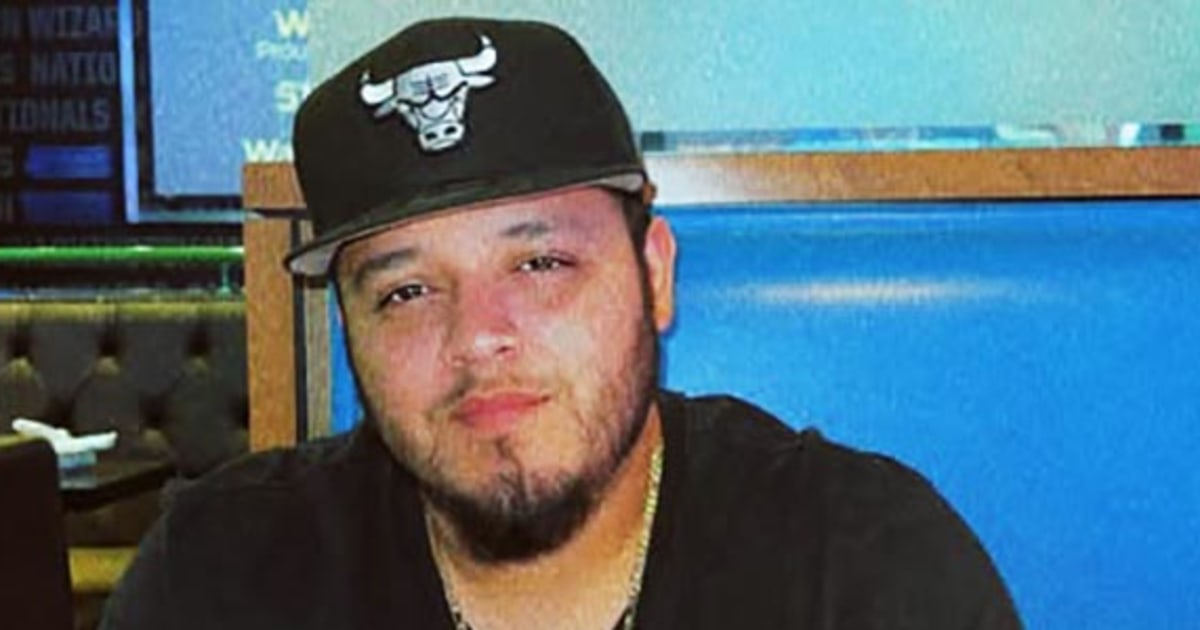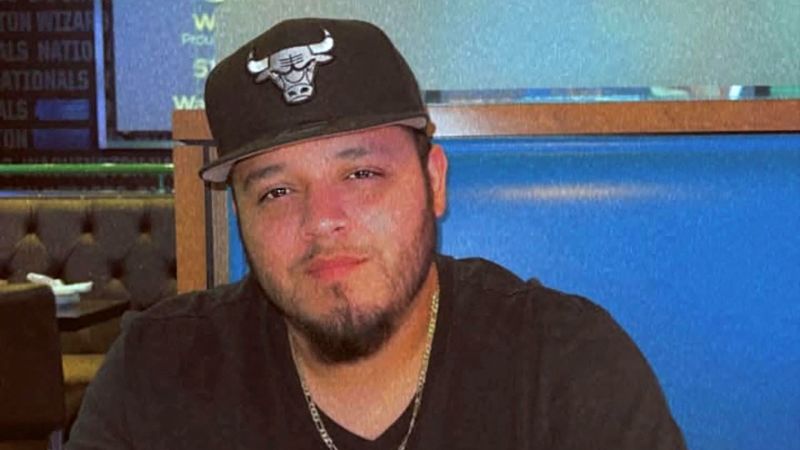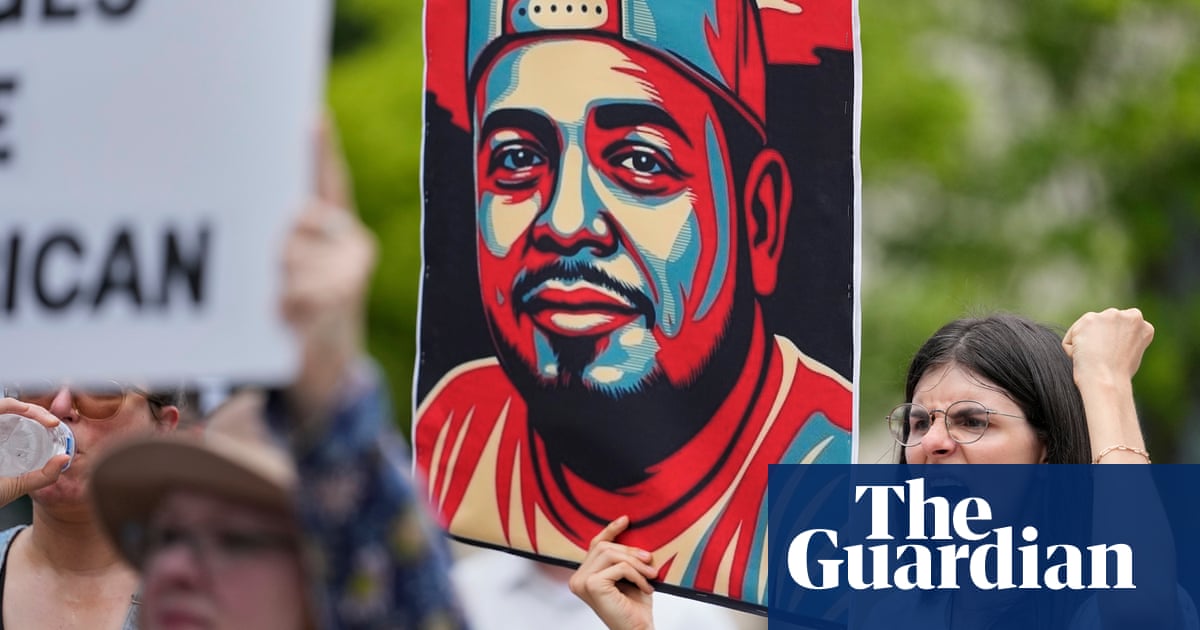Kilmar Abrego Garcia's Torture Allegations Resurface Amid Legal Battles in U.S.
Kilmar Abrego Garcia, extradited to the U.S. in June, alleges severe torture in El Salvador prison while facing human smuggling charges in Tennessee.
Subscribe to unlock this story
We really don't like cutting you off, but you've reached your monthly limit. At just $5/month, subscriptions are how we keep this project going. Start your free 7-day trial today!
Get StartedHave an account? Sign in
Overview
- Kilmar Abrego Garcia was extradited to the U.S. in June to face human smuggling charges in Tennessee after being deported to El Salvador.
- He alleges severe torture, including physical beatings and psychological abuse, during his nearly three-month imprisonment in an El Salvador mega-jail.
- Garcia lost over 30 pounds in two weeks due to mistreatment, including forced kneeling and sleep deprivation, according to his lawyers.
- Despite being ruled eligible for release by a federal judge, Garcia remains in custody amid fears of deportation and ongoing torture claims.
- The Trump administration seeks to dismiss a lawsuit regarding his deportation, arguing it is moot since he has returned to the U.S. after the Supreme Court's ruling.
Report issue

Read both sides in 5 minutes each day
Analysis
Center-leaning sources frame the narrative around Kilmar Abrego García's alleged torture and mistreatment in a Salvadoran prison, emphasizing his claims of innocence and the denial of charges. They express skepticism towards government assertions linking him to gangs, highlighting systemic issues in the justice system and advocating for human rights protections.
Articles (13)
Center (6)
FAQ
Kilmar Abrego Garcia alleged severe mistreatment including beatings, being forcibly chained, psychological torture such as forced kneeling, sleep deprivation, denial of basic needs, inadequate nutrition, and repeated physical strikes by prison officers upon his arrival at CECOT prison in El Salvador.
He was deported to El Salvador despite a 2019 court order barring his deportation due to fears of persecution. The Trump administration claimed Garcia was a member of the MS-13 gang, which he denied. This claim led to his erroneous deportation to El Salvador where he faced mistreatment.
Garcia's lawyers are amending a civil lawsuit against the Trump administration to block his deportation while he awaits trial on human smuggling charges in Tennessee. They seek to include his allegations of torture and wrongful deportation in the filing to prevent his removal again.
He is currently in federal custody in Tennessee facing human smuggling charges and the Department of Justice is considering deportation to a third country.
Due to severe mistreatment and inadequate nutrition in CECOT prison, Kilmar Abrego Garcia lost over 30 pounds during nearly three months of wrongful imprisonment.
History
- 4M

 6 articles
6 articles
- 4M

 4 articles
4 articles











